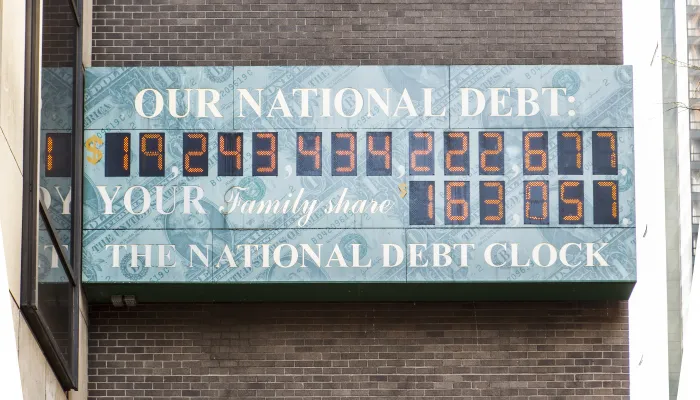Don't Miss the Point of the Orszag Plan
The “Orszag Plan” laid out by former OMB director Peter Orszag in his inaugural New York Times column argues that we should extend the tax cuts for two years--all of them--but let them expire after that (click here for our response to it).
While the focus has been on his departure from his former employer's position that we should only extend the middle class tax cuts (though really – since when is $250,000, or about the top 3 percent of earners considered the threshold for middle class?) the more important break from the Administration is his suggestion that we should let the tax cuts expire after that.
Though extending the tax cuts for only two years, given the nature of politics, the risk is that people will jump onto the first half of the idea while ignoring the second half. Indeed, many in the permanent-tax-cut camp have jumped on the Orszag bandwagon, hoping that politics will turn a two-year extension into a permanent extension.
As you can see below, even though the Orszag Plan would add to the deficit relative to current law if not offset, it is still significantly better from a fiscal perspective than the Obama Plan and the permanent extension of all tax cuts.
| The Cost of Tax Cost Extensions Including AMT Patches (billions) | ||
| Option | Two-Year Cost | Ten-Year Cost |
| Below $250,000 | $400 | $3,000 |
| All | $500 | $4,000 |
There is also some concern about how the Orszag Plan might play out in terms of process. The cost of extending the tax cuts for the highest earners is not covered by the PAYGO legislation while the cost of the middle class ones is covered. However, on that PAYGO scorecard sits roughly $40 billion in savings from health reform. There may be a temptation to "grab" that savings to offset the high-earners extension (which would cost $37 billion in the first year) for at least one year.
Don’t do it. Just don’t.
The savings from health should have been designed so they couldn’t be used to offset other deficit spending, and that was clearly the intention. The savings are frankly pretty puny and spending them rather than walling them off for deficit reduction would add insult to the injury of the health care reform bill that didn't go far enough in controlling costs. Letting the tax cuts expire after two years would go a long way towards bringing the deficit back to manageable levels. Or, Congress could, as we have suggested use their expiration as a hammer for real tax and budget reform, agreeing not to extend them again unless they were fully paid for and part of a more comprehensive budget deal to get the debt under control.


